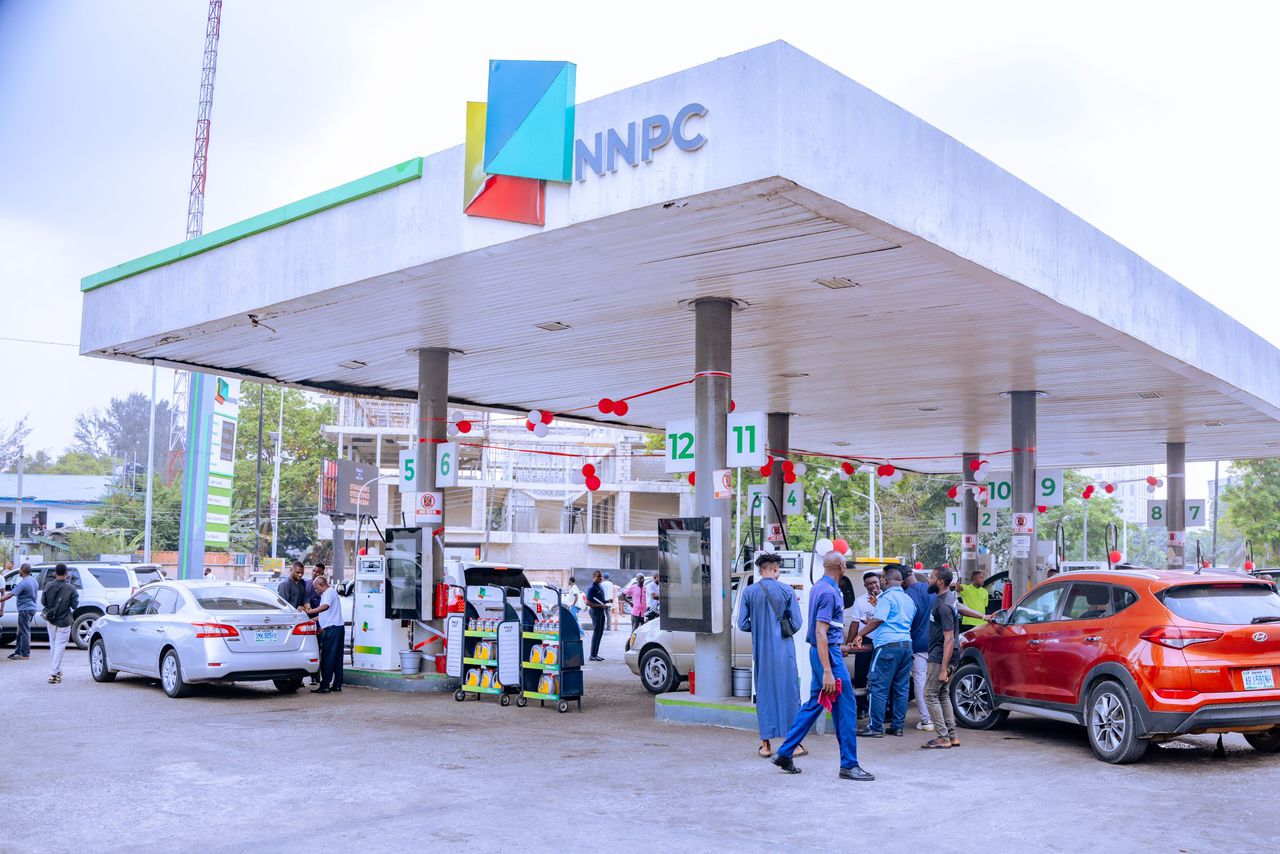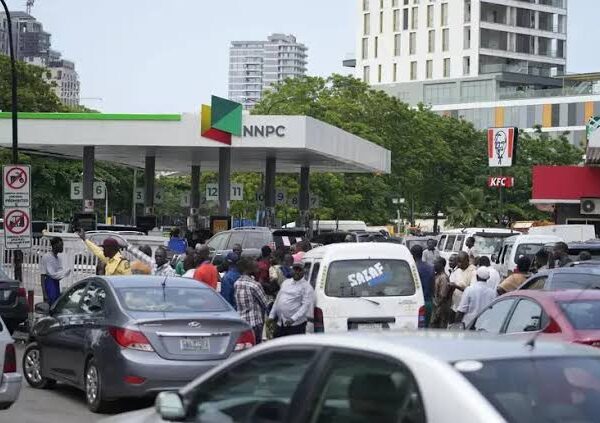Relief at the Pumps: Why Abuja Fuel Stations Are Dropping Their Prices
Relief at the Pumps: Why Abuja Fuel Stations Are Dropping Their Prices
For months, the sight of high prices at the petrol pump has been a source of stress for commuters and businesses across Nigeria. Fuel costs, often seen as the primary driver of inflation, reached unprecedented highs following the subsidy removal, hitting the budgets of every resident.
However, in a significant and welcome shift, residents of Abuja are beginning to see palpable relief. Fuel stations across the Federal Capital Territory are initiating a downward review of their prices, a development that signals potentially improving market stability and increasing competition within the energy sector.
This isn’t just a temporary blip; it’s a trend driven by emerging market dynamics. Here is a professional look at what is happening at the pumps in Abuja and what this means for the average consumer and the Nigerian economy.
The Trend: Stations Initiate the Price War
The recent price reduction isn’t uniform across the board, but the willingness of major players—and importantly, independent marketers—to reduce their rates below the previously established benchmark is a crucial economic indicator.
While official prices for Premium Motor Spirit (PMS) have remained high nationally, several stations, particularly those involved in high-volume sales, have recently adjusted the pump price by several Naira per litre.
This move is fundamentally a competitive strategy. In the post-subsidy era, the market is theoretically deregulated, meaning marketers must compete on pricing and availability to attract customers. When one major outlet drops its price, others must follow suit or risk losing significant market share. Abuja, being the centre of commerce and governance, is often the first location where these aggressive competitive strategies are deployed.
Understanding the ‘Why’ Behind the Drop
A price drop of this magnitude requires more than just goodwill; it needs favourable underlying economic conditions. Three primary factors are contributing to the current reduction:
1. Increased Supply and Stocking
One of the major causes of high prices in recent months was artificial scarcity and high warehousing costs. With marketers now seeing improved access to imported fuel, and domestic supply chains stabilizing, the urgency and volatility of the market are reducing. Sufficient stock minimizes the temptation for marketers to impose a premium based on fear of supply disruption.
2. Stabilization of the Foreign Exchange Market (Naira Strength)
Fuel importation remains heavily reliant on the US Dollar. The recent, albeit sometimes volatile, strengthening of the Naira against the Dollar has a direct knock-on effect on the landed cost of PMS. When the Naira performs better, importers require less local currency to purchase the necessary quantity of foreign exchange, leading to a lower final retail price.
3. Aggressive Market Competition
This is perhaps the most visible factor in Abuja. Stations are attempting to maximize volume sales over high-profit margins per litre. By offering a slightly lower price, they attract longer queues and higher throughput, making up for the reduced margin through sheer volume. This competitive pressure forces competitors, even those with higher operating costs, to reconsider their pricing structure.
The Palpable Impact on Abuja Residents
For the average Abuja resident, this price drop translates into immediate and tangible benefits:
Reduced Transportation Costs
The first sector to benefit is public transport. Taxi drivers, ride-sharing services, and commercial bus operators (known locally as ‘Okada’ and ‘Keke’ drivers) have historically cited fuel costs as the reason for fare hikes. While fares may not immediately revert to previous rates, the slight reduction in operating costs should slow down future fare increases and potentially lead to minor reductions.
Lower Operational Costs for Businesses
Businesses that rely on generators (due to erratic power supply) will experience relief. From SMEs running essential services to large corporations powering their Abuja offices, lower fuel prices mean reduced overheads, which can potentially be channeled into investment or price stabilization for their own goods and services.
Improved Consumer Confidence
Consistency and stability in fuel prices signal a measure of control over inflation. When consumers feel that the cost of crucial inputs is stabilizing, it can boost market confidence and improve planning for household budgets.
Looking Ahead: The Sustainability Challenge
While the current downward trend is highly encouraging, the key question remains: Is this sustainable?
The long-term stability of fuel prices in Nigeria is intrinsically linked to two external factors: the exchange rate stability of the Naira and the volatility of global crude oil prices.
For prices to continue falling, the government’s efforts to stabilize the Forex market must be maintained. Furthermore, the push towards domestic refining (particularly the impact of the Dangote Refinery and the modernization of NNPC refineries) offers the most promising long-term solution to insulating the Nigerian economy from international pricing shocks.
Until then, the current price reduction in Abuja is a positive sign—a clear indicator that when the market is allowed to operate, competition can work in favour of the consumer.
Final Thoughts
The recent price drop in Abuja fuel stations is a welcome breath of fresh air for consumers battered by high costs. It demonstrates the latent power of competition in a deregulated market and provides a flicker of hope regarding broader economic stabilization.
While we remain cautiously optimistic about sustaining this trend, residents and businesses should certainly enjoy the current relief at the pumps.



